Indigenous Governance Database
IGD Database Search
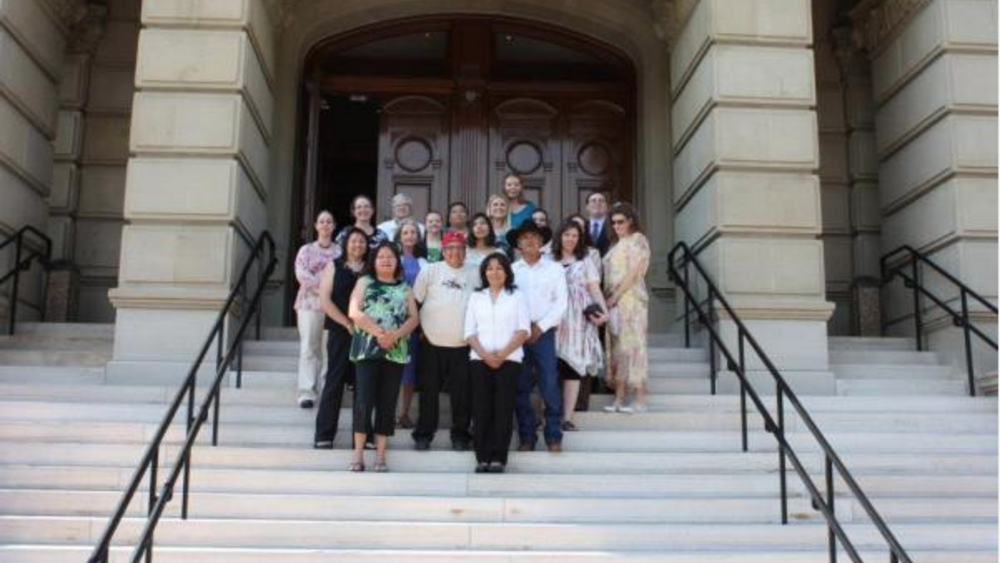
Empowering Parents Brings Community Change in Wind River
If you are a parent who has ever thought, “What can I do?” or “I am just a parent,” Clarisse Harris, Northern Paiute, has a program that might interest you. On the Wind River Reservation in Wyoming, the Parent Leadership Training Institute is arming parents with the tools to bring changes within…
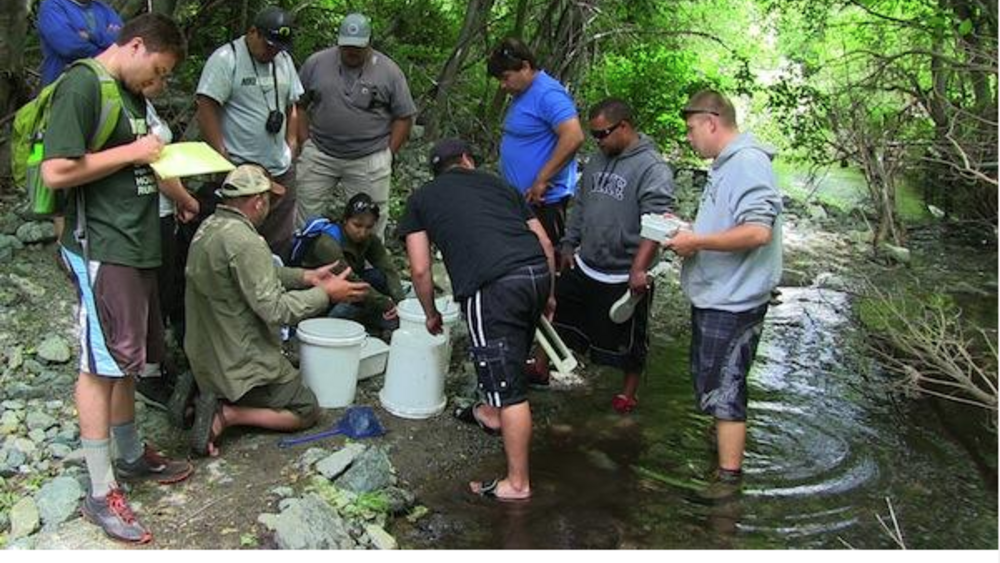
Klamath Youth Program Melding Science and Traditional Knowledge Wins National Award
A unique collaboration between a Klamath youth leadership development program and U.S. government researchers has won the U.S. Department of the Interior’s Partners in Conservation award for its use of traditional knowledge in conjunction with modern science. The Klamath Tribal Leadership…
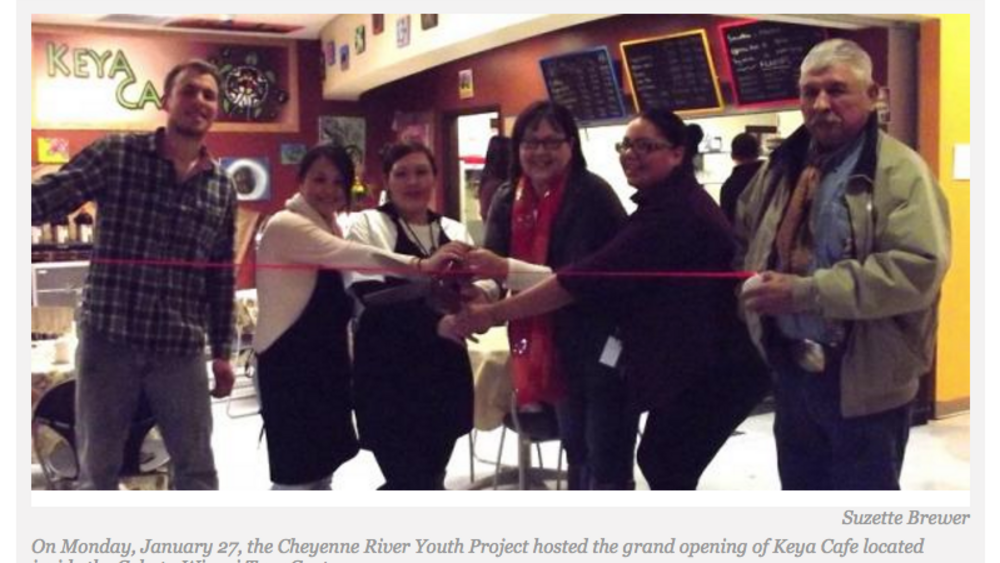
Cheyenne River Youth Project Turns 25, Launches Endowment and Keya Cafe Featuring Homegrown Food
Twenty-five years ago, Julie Garreau (Cheyenne River Lakota) developed the Cheyenne River Youth Project (CRYP) from a converted bar on Main Street in the tribe's capital Eagle Butte, South Dakota. For 12 years she volunteered her time to get an after-school program off the ground...
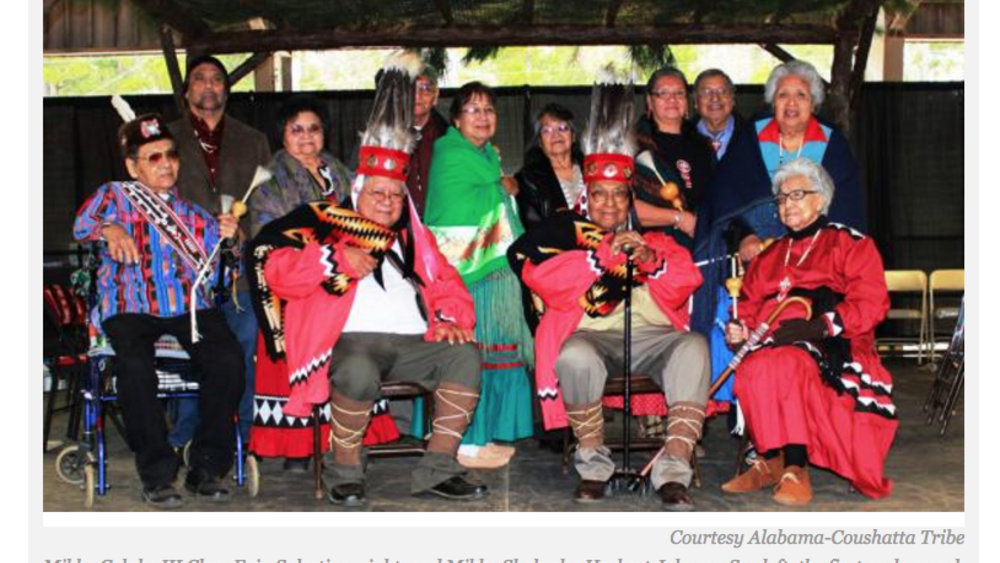
A Lifetime Journey: Alabama-Coushatta Name New Chiefs
For the first time in nearly two decades, the Alabama-Coushatta Tribe of Texas is welcoming a new principal and second chief. The 1,200-member tribe, located on 4,500 acres of land north of Houston, elects its chiefs to life terms. An inauguration ceremony held January 1 was the first such event…
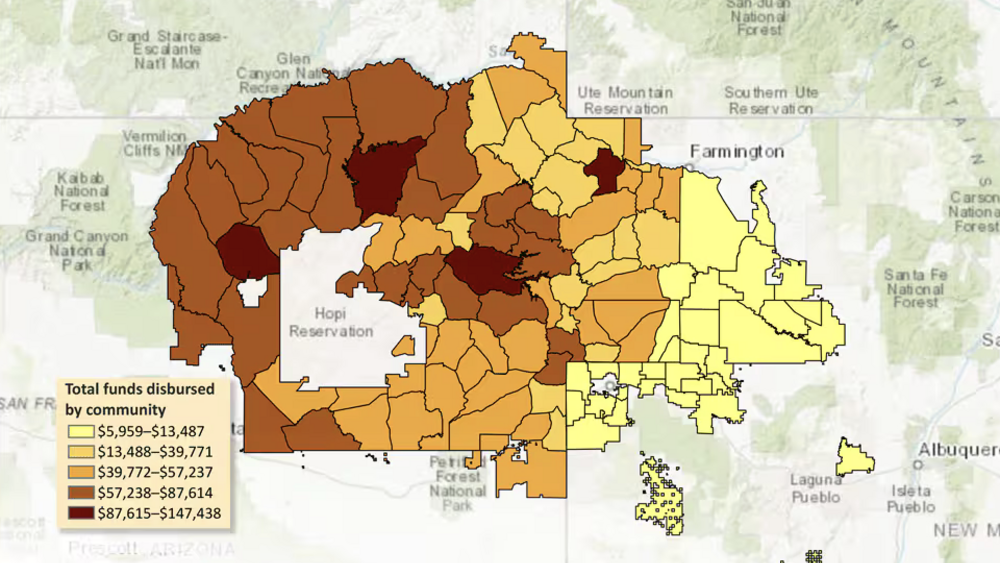
The Navajo Nation Healthy Diné Nation Act: A Two Percent Tax on Foods of Minimal-to-No Nutritious Value, 2015–2019
Our study summarizes tax revenue and disbursements from the Navajo Nation Healthy Diné Nation Act of 2014, which included a 2% tax on foods of minimal-to-no nutritional value (junk food tax), the first in the United States and in any sovereign tribal nation. Since the tax was implemented in 2015,…
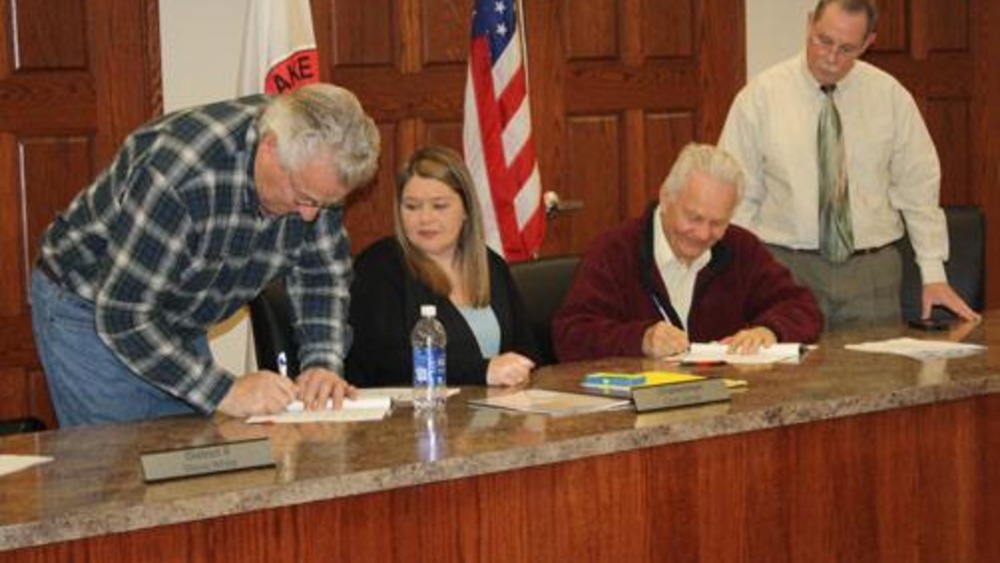
Cass County Board, Leech Lake Tribal Council hold productive joint discussions, first in three-plus years
A wide-ranging conversation between Leech Lake Tribal Council and Cass County Board of Commissioners, held Friday at the new Leech Lake Government Center in Cass Lake, concluded with the signing of a Memorandum of Understanding (MOU) between the two governmental units. The MOU is designed to…
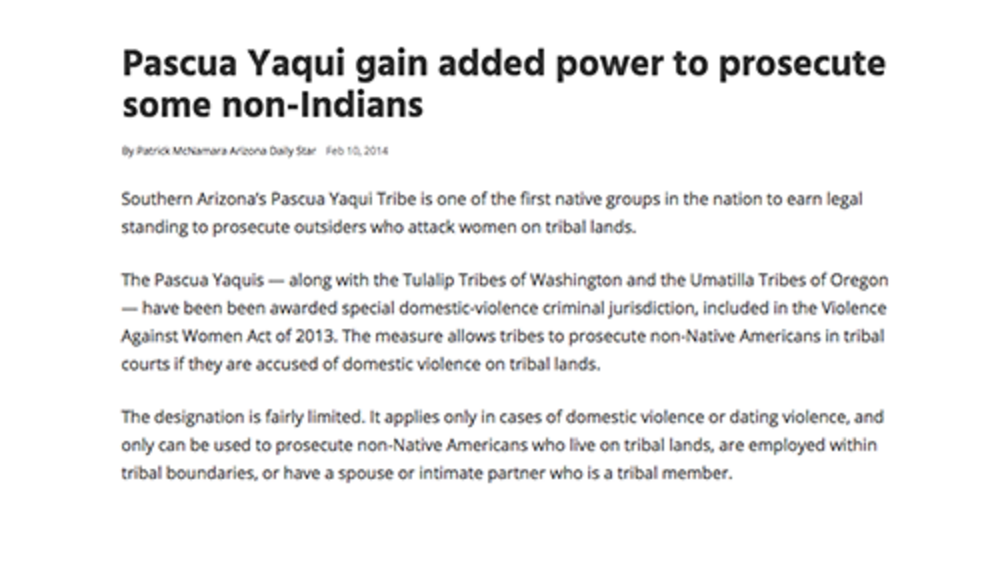
Pascua Yaqui gain added power to prosecute some non-Indians
Southern Arizona’s Pascua Yaqui Tribe is one of the first Native nations in the country to earn legal standing to prosecute outsiders who attack women on tribal lands. The Pascua Yaquis – along with the Tulalip Tribes of Washington and the Umatilla Tribes of Oregon – have been been awarded special…
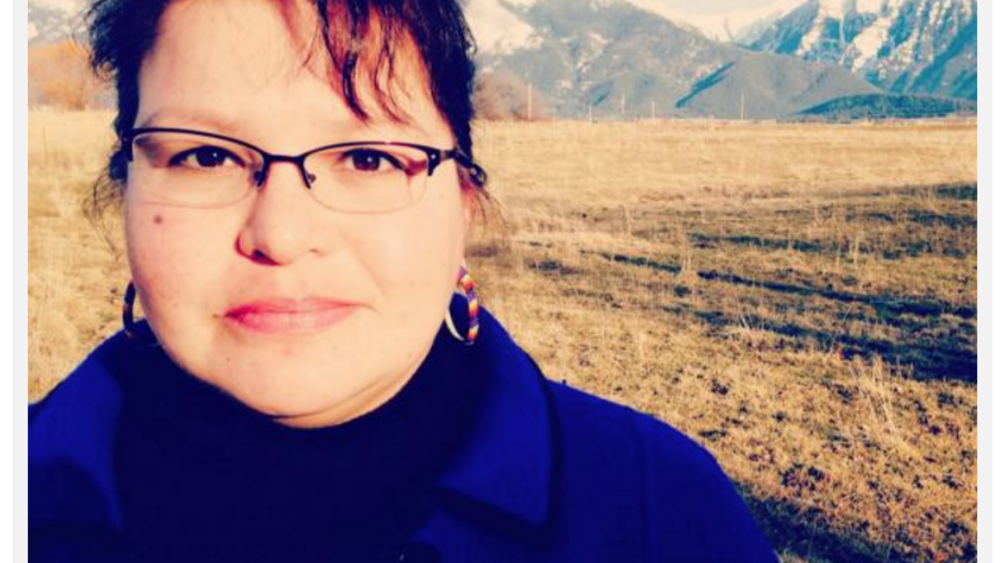
Living Her Dream: Eldena Bear Don't Walk Discusses Her Law Career
Eldena Bear Don’t Walk is living out her childhood dream. The youngster who imagined one day becoming a lawyer has done exactly that – and more. She has been an appellate judge for eight years, serving almost every tribe in Montana. At the St. Ignatius-based Bear Don’t Walk Law Office, she works as…

Building better homes in Indian Country
There's no other house like it on the Oglala Sioux's 2 million-acre Pine Ridge Reservation: Its walls are insulated by 18-inch strawbales rather than plastic sheeting, and its radiant-floor heating is much cheaper than the typical propane or electric. A frost-protected shallow foundation inhibits…
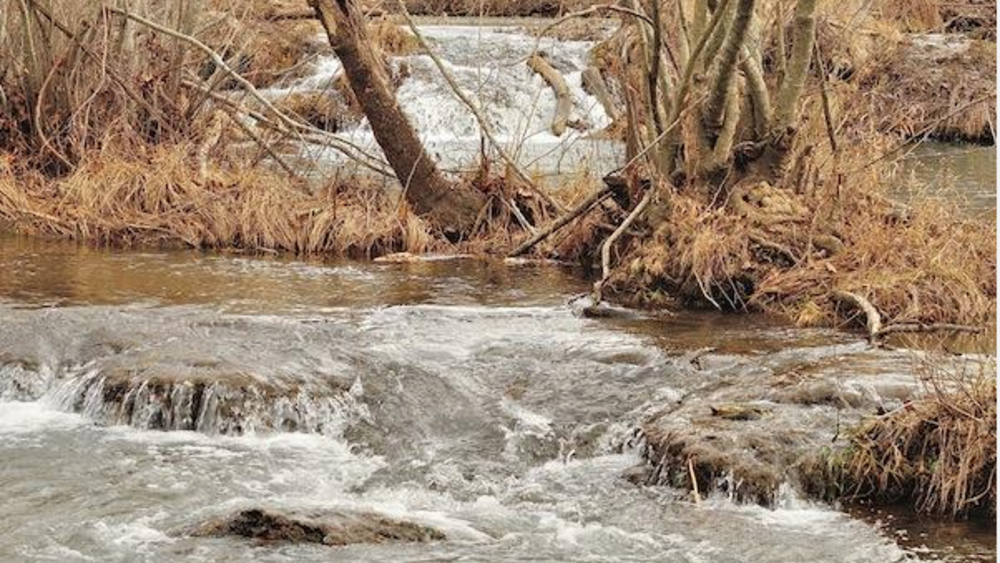
Chickasaw Fishery Saves Endangered Species While Sustaining Fishermen and Tourism
Nothing elevates the hope and heart rate of an angler more than hearing that first predawn “ZWIIINNGGG” of a casting reel as fishing line slices through the early morning air and the lure plops into the water. Whether it’s the first or last day of the season, fishermen hope that is a dinner bell…
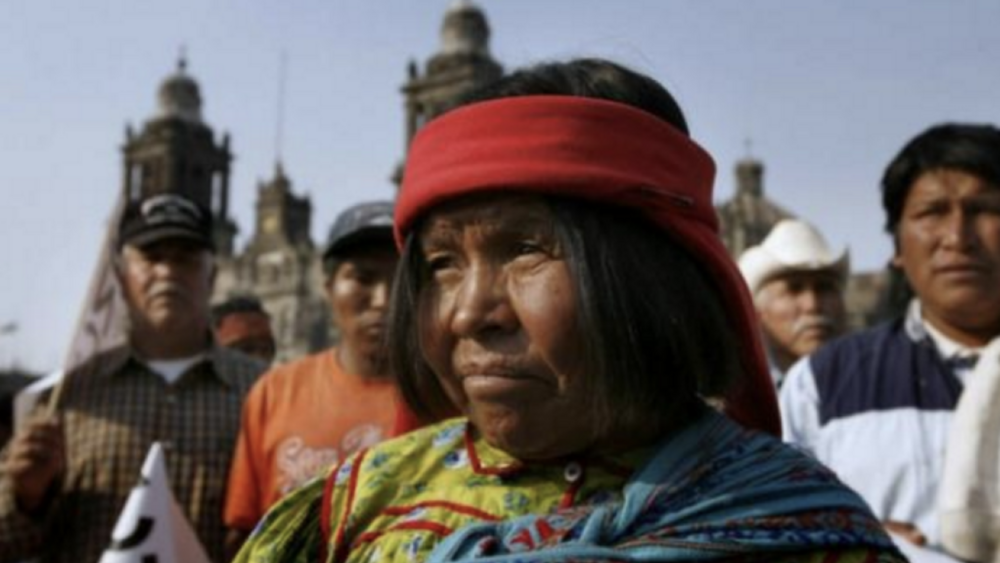
Preserving Indigenous Democracy
When Europeans first came to the Americas they took note of the democratic processes they observed in most indigenous nations. Indigenous political relations were usually decentralized, consensus based, and inclusive. Indigenous democracies may not seem remarkable by contemporary standards, but…
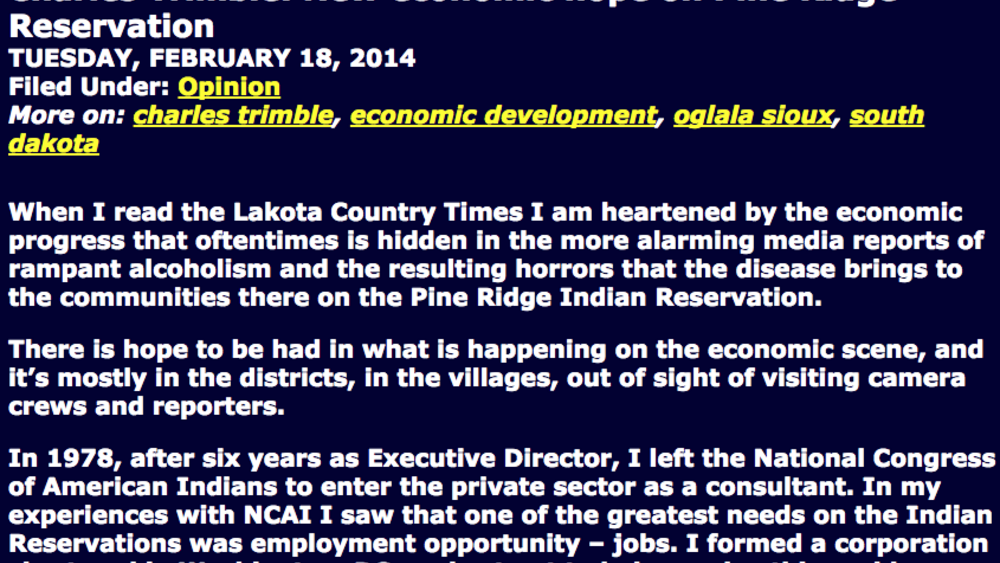
New economic hope on Pine Ridge Reservation
When I read the Lakota Country Times I am heartened by the economic progress that oftentimes is hidden in the more alarming media reports of rampant alcoholism and the resulting horrors that the disease brings to the communities there on the Pine Ridge Indian Reservation. There is hope to be had…
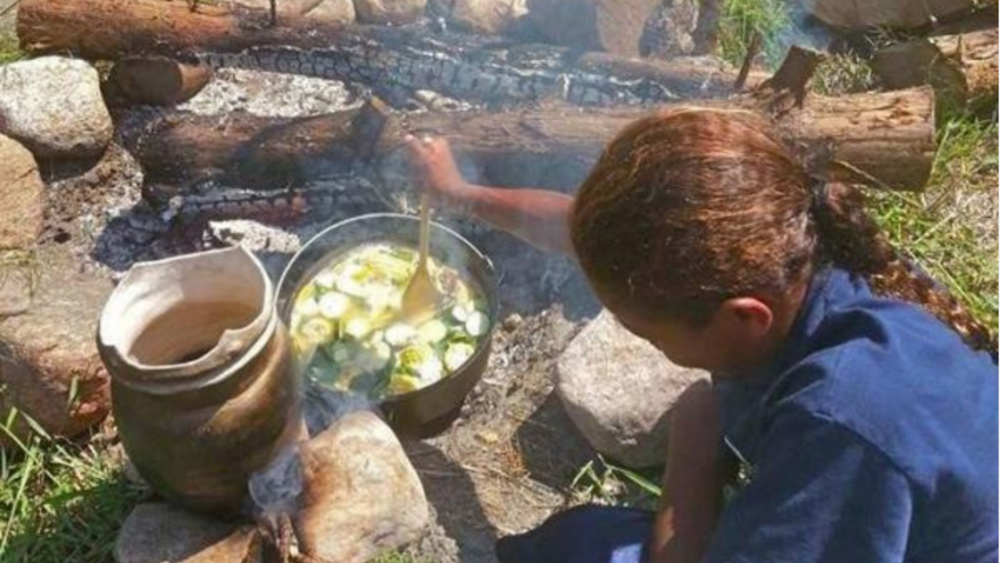
Sleeping Language Waking Up Thanks to Wampanoag Reclamation Project
It’s been more than 300 years since Wampanoag was the primary spoken language in Cape Cod. But, if Wampanoag tribal members keep their current pace, that may not be true for much longer. Tribal members have been signing up for classes with the Wampanoag Language Reclamation Project while families…

Potawatomi $20 Million Feedstock-to-Energy Conversion Plant Becomes Reality
Meeting the dual goal of environmental stewardship and sustainability, the Forest County Potawatomi Community has opened its newly constructed $20 million Renewable Energy Facility, which will convert area food waste into enough electricity to power 1,500 homes. It was the fruition of a project…
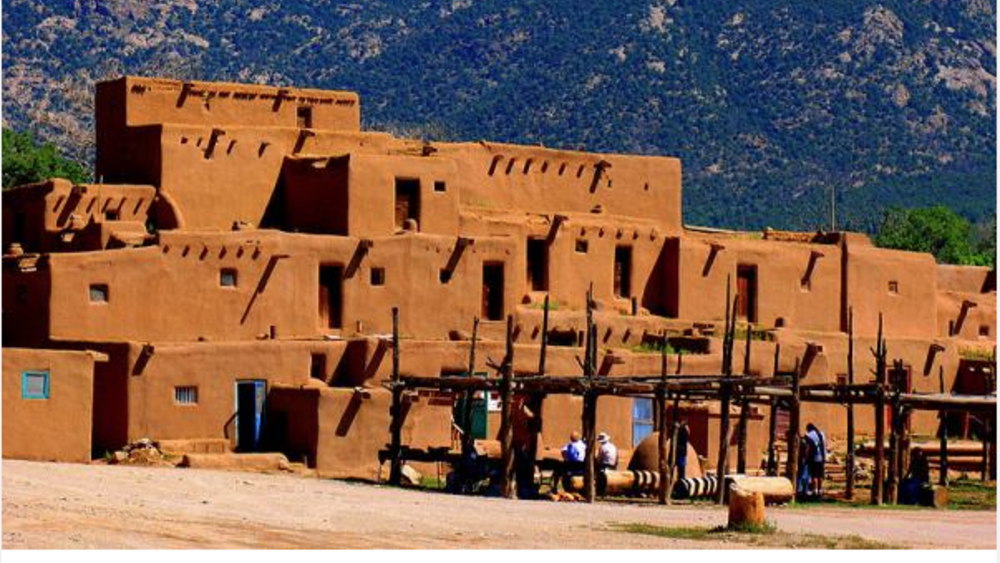
Indigenous Nations Have the Right to Choose: Renewal or Contract
When making significant change Indigenous nations make choices about whether to build on traditions or to adopt new forms of government, economy, culture or community. Many changes are external and often forced upon contemporary Indigenous Peoples. Adapting to competitive markets, or new…

The Bay Mills Buck Stops With NIGC
With a case of potentially catastrophic consequence for Indian country now pending before the U.S. Supreme Court, all of the players who can possibly prevent the disaster are either sitting on their hands or pointing fingers. The National Indian Gaming Commission has failed to act, citing a…

How Tribes Can Prepare for Tribal Sovereignty Blow From Supreme Court
In the first part of this two-part series, we provided a short history of the upcoming U.S. Supreme Court case State of Michigan v. Bay Mills Indian Community, discussed its relevance to the sustainability of the legal doctrine of tribal sovereign immunity, and detailed two potential outcomes of…

Will the Supreme Court Use Bay Mills Case to Blow Up Tribal Sovereignty?
As regular visitors to this site and other Indian country media outlets no doubt have seen in recent weeks, Native nation leaders, tribal attorneys, and federal Indian law practitioners alike are gravely concerned about a case currently pending before the Supreme Court: State of Michigan v. Bay…
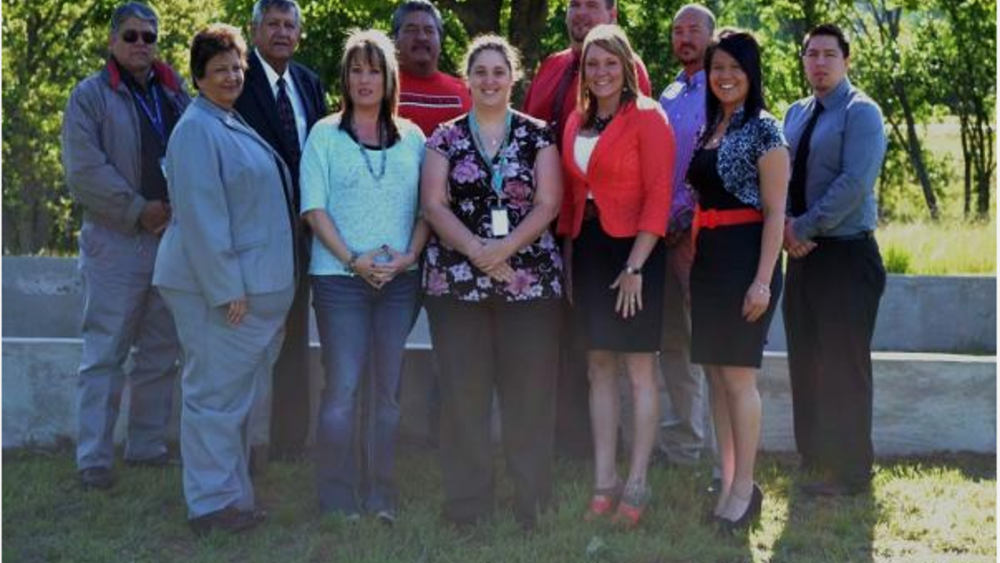
DOJ Grants Muscogee Creek Nation $3.78 Million for Ex-Prisoner Reintegration Program
The Muscogee Creek Nation has received $3.78 million from the U.S. Department of Justice for the tribe’s Reintegration Program (RIP), which assists tribal citizens who have served time in a correctional facility and are ready to be welcomed back into society. The grant will go towards the…
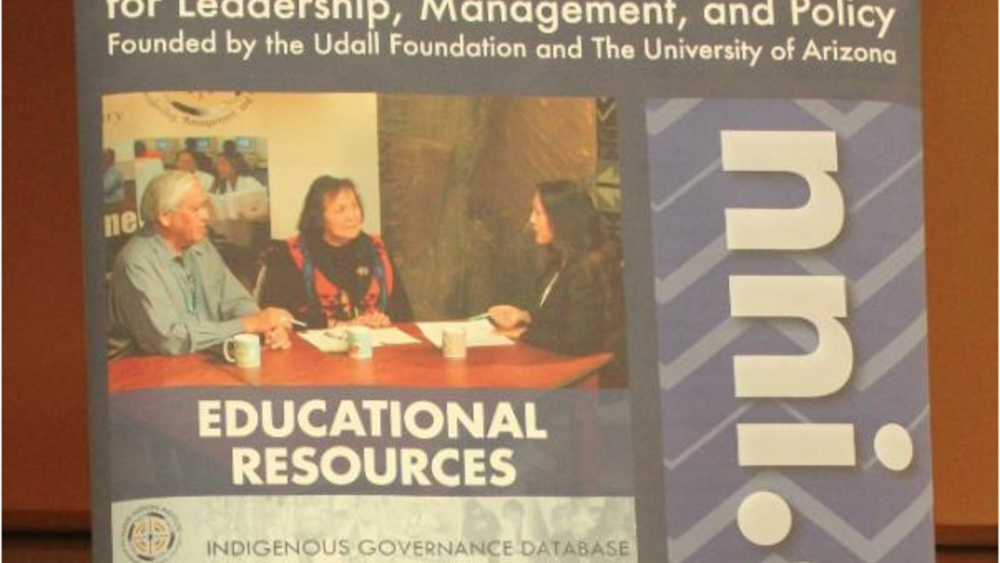
Educating Indian Country's Future Leaders
To grapple with the concept of good leaders and how to become one, 100 attendees–newly-elected and aspiring leaders from Native Nations–gathered in Tucson, Arizona November 6-7 for a specifically-developed Executive Education Seminar titled, "Emerging Leaders." Developed by the Native Nations…
Pagination
- First page
- …
- 57
- 58
- 59
- …
- Last page
